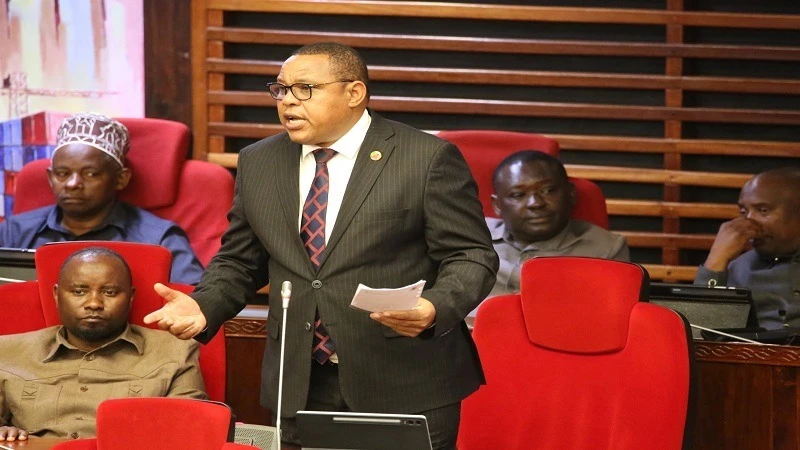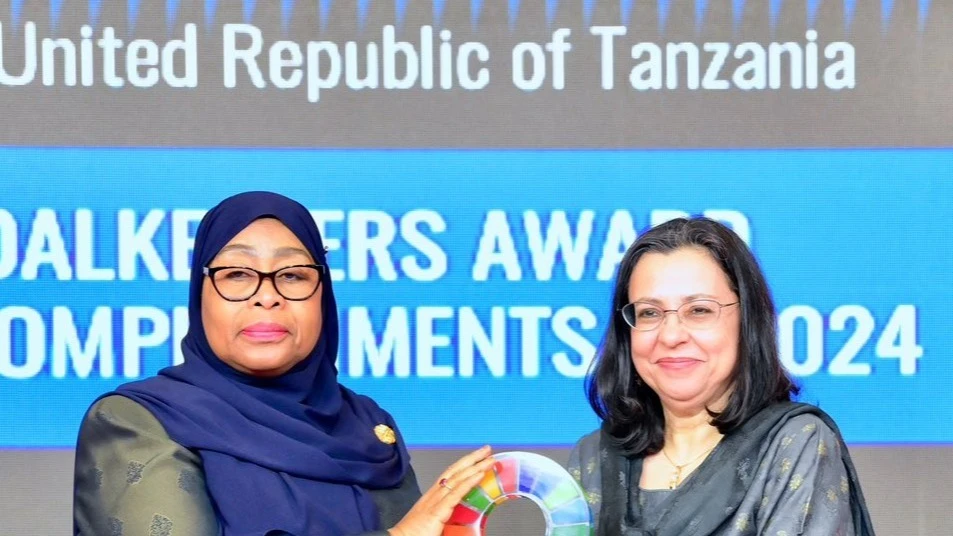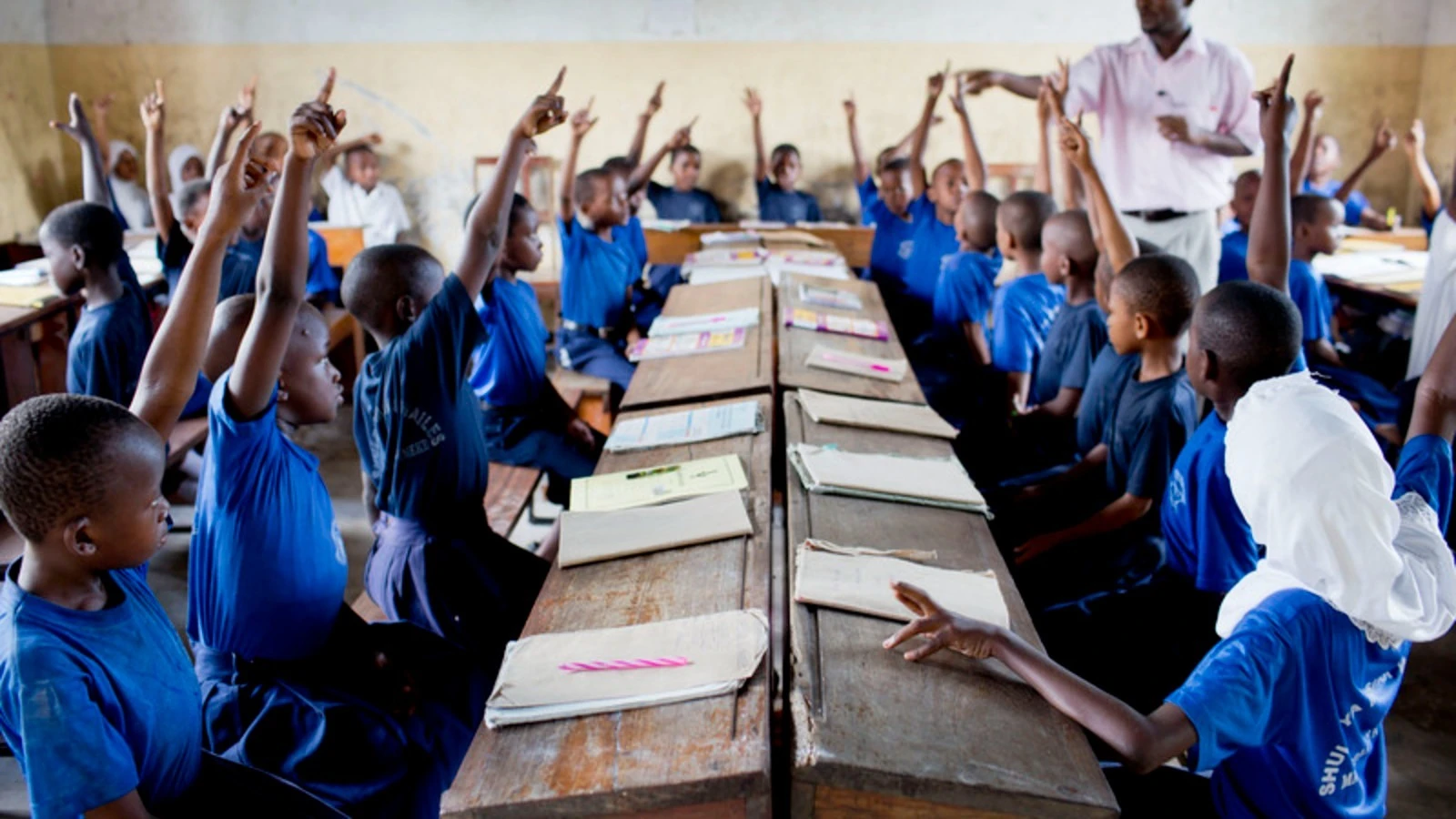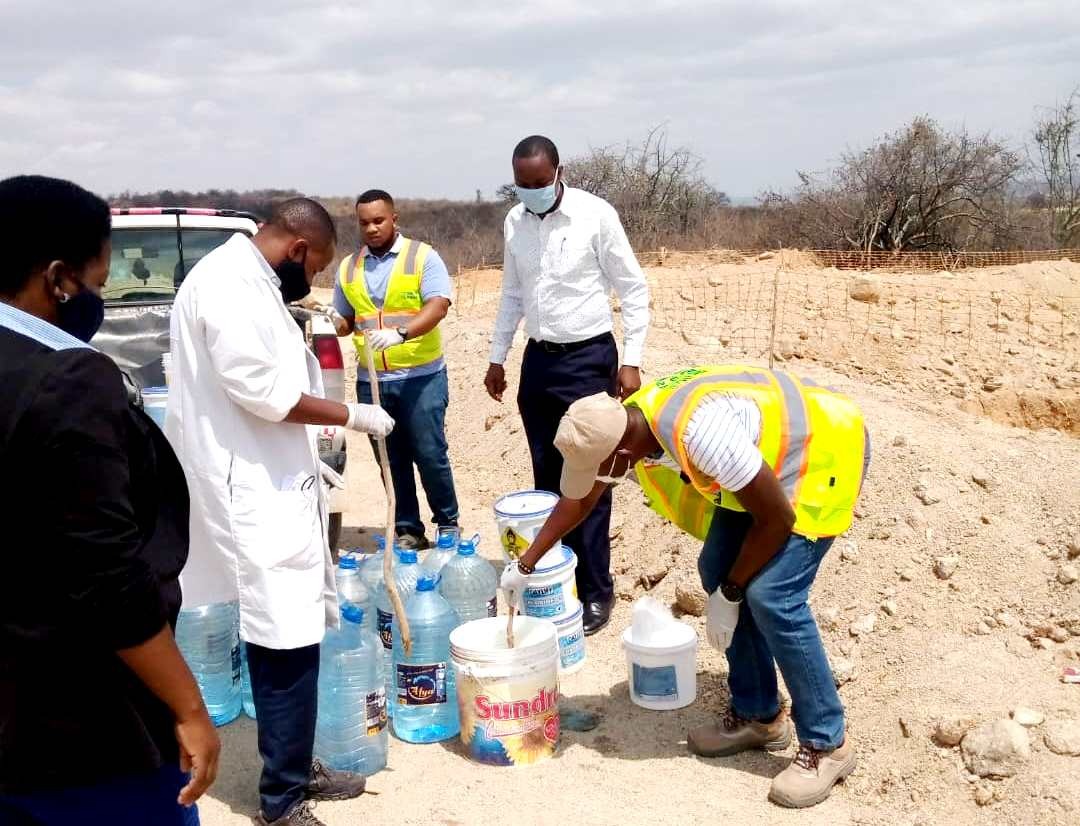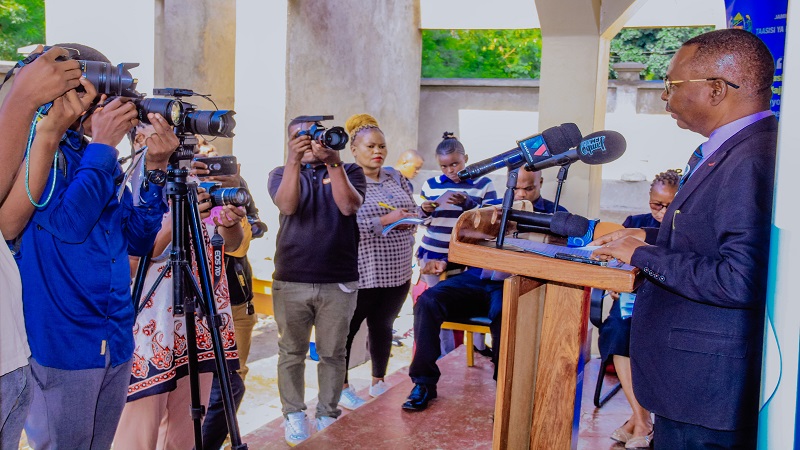SPECIAL REPORT: Frauds linked to crops auctioned by cooperative unions -2

WHILE farmers in the strategic cash crops value chain bask in good and favorable selling prices of their produce through Cooperative unions, it has been revealed that fraud and the black market dominate the sale of the crops traded on the local market.
The 2022/23 Co-operatives audit report by the Cooperative Audit and Supervision Corporation (COASCO) states that in the Cocoa, Coffee, and Tobacco cash crops in Mbeya, Kilimanjaro, and Kagera regions there are unregistered bulk buyers who continue to purchase the crops from farmers without abiding by auction rules and procedures, which has led farmers into being paid low prices by the alleged bulk buyers.
The situation is caused by farmers’ impatience in waiting for Cocoa markets organized through official auctions.
The report notes that despite the available guidelines, there still exists black markets outside legal auctions as these trading processes are not transparent, which affects rightful payments to farmers due to low selling prices offered on the blamed auctions.
The situation has also led to farmers' Cocoa sales not being featured in the cooperative's financial statements by the malpractices taking part in the alleged auctions.
However, during the auditing process, the auditor cannot find solid proof of payments if they have been made to legit members.
As for the coffee farmers, the report states that in the Mbeya and Songwe regions for the 2022/23 harvest season, a total of 11,931,670 kilos worth U$33,403,102 (76.8bn/-) were auctioned.
The report points out that in the coffee business value chain there exist unregistered direct bulk buyers who purchase coffee from farmers at low prices.
"This situation is caused by the government particularly at the district council level allowing private buyers to directly purchase coffee from farmers. This situation may also lead AMCOS to sell on loss thus endangering the existence of the societies," reads the report.
In the Kilimanjaro region, advance payments are approved but there are no rules that guide AMCOS on the planning of the advanced payments and there is no indicative price.
Union leaders use information from previous auction markets and sometimes consult the Registrar of Cooperatives in approving selling price estimates for new seasons.
Thus, Cooperative union members might find themselves paying more or less to farmers compared to the prevailing market selling prices.
COASCO notes that tobacco has become one of the strategic cash crops cultivated in a few areas of the country.
Some of the regions where tobacco is grown the most are Tabora, Katavi, Shinyanga, and Mbeya. The crop is cultivated by small-scale farmers with plots between one and five acres, with others owning more than that.
In the southern highlands, tobacco is grown in the Chunya and Songwe districts.
In tobacco auction markets, the existing flaws include the lack of competition for the purchase of the crop. The tobacco market in the Mbeya region has only one licensed bulk buyer serving as a Premium buyer, thus denying farmers the right to decide when they should be paid after auctions.
"This situation is unfavorable to farmers if the buyer fails to timely pay the farmers because they lack an alternative customer to sell to," reads the report.
The report explains that the lack of competition resulting from the presence of a single buyer results in some farmers from the AMCOS shying away from the societies that lent them inputs by opting to sell their harvests individually or through other AMCOS so that they can avoid paying the farm inputs debts.
Leaders and executives of AMCOS are not well educated on Co-operative's whereabouts thus it poses difficulties for them to manage the societies as required by law.
The situation normally results in some AMCOS spending a lot of money exceeding the estimated expenditure budget in fixing occurring challenges.
In the cashew nut value chain in Lindi and Mtwara regions, there is a challenge of recording transactions in the sales books that take place when money has already been received but not involving the whole transaction processes taking place.
The situation leads to a lack of evidence and accuracy of payments received or paid to farmers, especially during the sales recording process.
The same shortfall further leads farmers into receiving lower payments compared to the amount stipulated in the auction prices so long as the amount of cashews received by the AMCOS differs from that offered on the auctioning.
"This situation can also affect the provision of accurate information on AMCOS's financial performance. The Cooperative Act No. 6 of 2013 section 55(2) emphasizes that every registered AMCOS should close their accounts and maintain accurate records within three months after the closure of the financial year," reads the COASCO report.
As for the cotton value chain, it has been noted that there are challenges facing the crop collections and sales system across the AMCOS and bulk buyers.
There are monitoring weaknesses happening during the receiving of cotton at AMCOS, measuring and trading of the crop to local industrial buyers.
It has been noted that there are cotton digital weighing machines that do not meet the required standards by the Tanzania’s Bureau of Standards (TBS) thus causing inconveniences with regular maintenance that attracts unnecessary costs for AMCOS to pay for the maintenance of the machines.
Agriculture Minister Hussein Bashe said that the mentioned challenges have been worked on closely since 2022 and there has been a success for farmers within the Cooperative unions to be paid favorable prices that are twice those of out-grower farmers.
Biadia Matipa, General Manager of Masasi-Mtwara Co-operative Union (MAMCU) Limited said the union is made up of 196 AMCOS in Masasi District Council, Mtwara District Council, and Nanyumbu District Council with a total of 3,514 farmers.
She said that the union deals with cashews, sesame, and legume cash crops.
According to her, in the 2023/24 harvest season that ended in January this year, farmers within the union sold one kilogram of cashew nut for 2,135/- and those outside sold at 1,350/- per kilogram.
"For sesame, those in the union sold at b3,967/- per kilogram while those outside sold at 3,560/-. For legumes, a kilogram was sold at 2,130/- while those outside sold at 1,950/-
The prices are based on the quality of the produce, which is contributed by the best farming practices, from harvesting to the processing of the produce," said Biadia.
Baraka Kiboye, General Manager of Pamba Mara Co-operative Union (PMCU) Limited said that the union is made up of 237 AMCOS of which 46 own shares for 90 percent in the assets of the Co-operative. A share is sold to AMCOS for 100,000/-.
"Cotton farmers who are members of the 46 AMCOS with shares get the benefit of being paid twice. There are lump sum payments and second installment payments. Those who are outside the AMCOS are only paid once on a lump sum," he said.
Kiboye said that in the 2023/24 harvest season, farmers sold a kilogram of cotton at an initial price of 1,060/- which rose to 1,300/- at the end of the season.
In the second payment round farmers with shares in the AMCOS were paid 150/- per every kilogram traded.
Charles Gishuli, Chairperson of the Tanzania Federation of Co-operatives (TFC) said that Co-operative unions are good taxpayers.
"The Co-operative unions have paid more than 19bn/- to the Tanzania Revenue Authority in taxes and fees for various services for the past five years," said Gishuli.
Dr Benson Ndiege, Registrar and Chief Executive of Tanzania Co-operative Development Commission (TCDC) said that farmers of strategic cash crops within the Co-operatives have been benefiting from favorable prices supported by the quality of their agricultural produce resulting from good management.
"As for Cocoa, farmers in the Co-operatives have gone far from selling a kilogram for 12,500/- four years ago to 30,000/- last season;
The increase in the selling price is due to strategies for finding profitable markets carried out by TCDC in collaboration with Co-operative unions," he said.
Dr. Medard Kalemani, Chairperson of the Parliamentary Standing Committee on Industry, Trade, Agriculture and Livestock said that the committee has influenced the increase in fertilizer subsidies from 180bn/- in 2023/24 to 300bn/- in the financial year 2024/25 to empower farmers who are engaged in the cultivation of cash crops of which 65 percent are in Co-operative unions to easily access farm inputs.
"The budget for managing Co-operative unions in the financial year 2023/24 was 9bn/- whereas in 2024/25 an overwhelming 22.12bn/- has been approved by parliamentarians so that Co-operatives can strengthen their productivity and operations," said Dr. Kalemani.
To be continued.
Top Headlines
© 2025 IPPMEDIA.COM. ALL RIGHTS RESERVED













